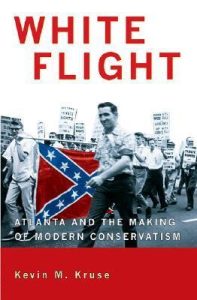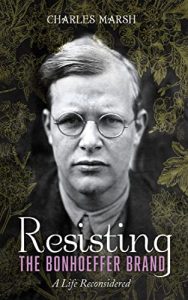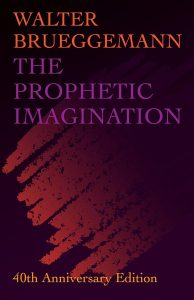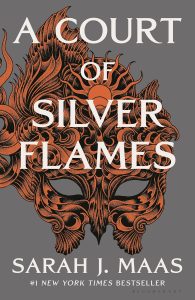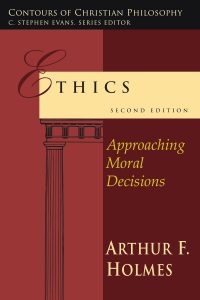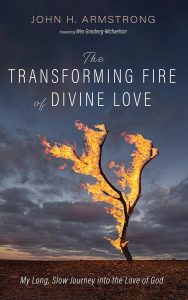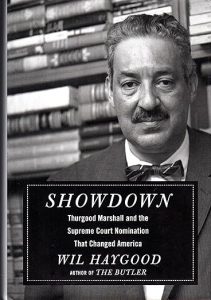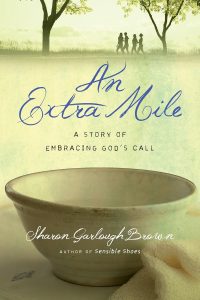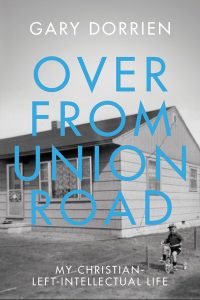 Summary: A memoir of Union Seminary professor, ethicist, community organizer and theologian Gary Dorrien.
Summary: A memoir of Union Seminary professor, ethicist, community organizer and theologian Gary Dorrien.
I picked up Breaking White Supremacy: Martin Luther King Jr. and the Black Social Gospel at some point when it was on sale, but I never started it (in part because it is over 900 pages.) I knew that it was the second in a trilogy of the theology of the Black church and social gospel and so I wondered if I should start with the first book so I just never started it. I needed something different and I tend to like to read near end of life memoirs of theologians because I am interested in how they appraise their life and work. Because I do not really know Gary Dorrien’s work, this was a bit of a a blind pick. But it is currently on sale for kindle and hardcover and it was a low barrier to entry.
Gary Dorrien grew up in a poor rural Michigan family. He was the grandchild of a mixed Native American and White couple, but did not have much contact with his Native American heritage, but did feel some of the impact of the discrimination of his family. Dorrien’s mother started college but only completed a year before deciding to get married. So Gary Dorrien was the first of his family to complete college. And going on to graduate school and a PhD was very new to the family.
I am sympathetic to Dorrien’s work as an organizer and a Democratic Socialist and his long work as a college chaplain before going to Union. But it is honestly quite amazing to me the number of mammoth tomes that he completed in a relatively short period after starting at Union. He had written several books before that point, but when he started at Union, his wife had passed away, his daughter had started college and he wasn’t working without a break year-round running multiple programs at his college.

